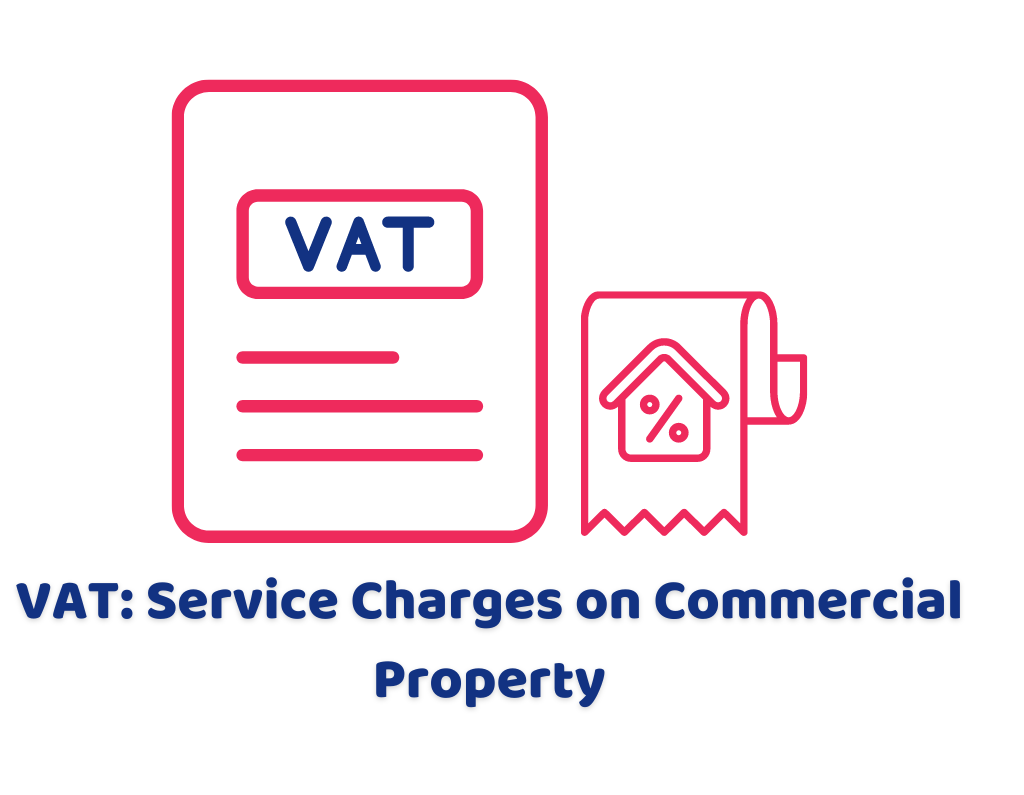Andrew Needham looks at the VAT position of service charges on commercial property.
I t is common for leases between landlords and tenants to give details of what services the landlord shall provide and what the tenants shall pay for the upkeep of the building as a whole. The lease may provide for an inclusive rental, or it may require the tenants to contribute by means of an additional charge to the basic rent. These charges are generally referred to as service charges, maintenance charges or additional rent.
The services provided may include:
- repairs and maintenance to the building;
- the management of the building;
- provision of concierge and warden; and
- insurance.
Are These Charges Liable to VAT?
The normal position is that if a landlord makes a service charge, the VAT liability follows that of the premium or rents payable under the lease or license. These would normally be exempt from VAT unless the landlord has opted to tax, in which case they would be standard rated. If services are provided to someone who owns the freehold of a building and there are no continuing supplies of accommodation to which the service charge can be linked, the charge is always standard rated.
Other Payments to a Landlord
A landlord may make charges to its tenants for items other than general services. These charges tend to fall into three categories:
- further payment for the main supply of accommodation that follows the liability of that supply (normally exempt unless the landlord has opted to tax);
- supplies other than accommodation (normally standard-rated); or
- disbursements (outside the scope of VAT).
If the landlord is the policyholder or rateable person, any payment for insurance or rates made by the tenants form part of the main supply of accommodation and are exempt unless the landlord has opted to tax. If the tenant is the policyholder or rateable person, and the landlord makes payment on the tenant’s behalf, the payments can be treated as disbursements.
If the phone account is in the landlord’s name, any charge made to tenants is payment for a standard rated supply. This includes the cost of calls, installation and rental. If the account is in the name of the tenant but the landlord pays the bill, it can be treated as a disbursement.
If the landlord makes a charge for the use of facilities such as reception and switchboard services, any payment to the landlord will be further consideration for the main supply of accommodation.
If the landlord makes a separate charge for unmetered supplies of gas and electricity, it should be treated as further payment for the main supply of accommodation. However, where it is separately metered, the charges to the tenants are payments for separate supplies of fuel and power. These supplies will be standard rated unless the fuel supplied qualifies for the reduced rate.
If the charges for the use of recreational facilities are compulsory, irrespective of whether the tenant uses the facilities, the liability will follow the main supply of accommodation.
Practical Tip
If a business pays its landlord a services charge, it will normally only pay VAT if the landlord has opted to tax. Separate payments for phones, fuel and power will be standard rated.

